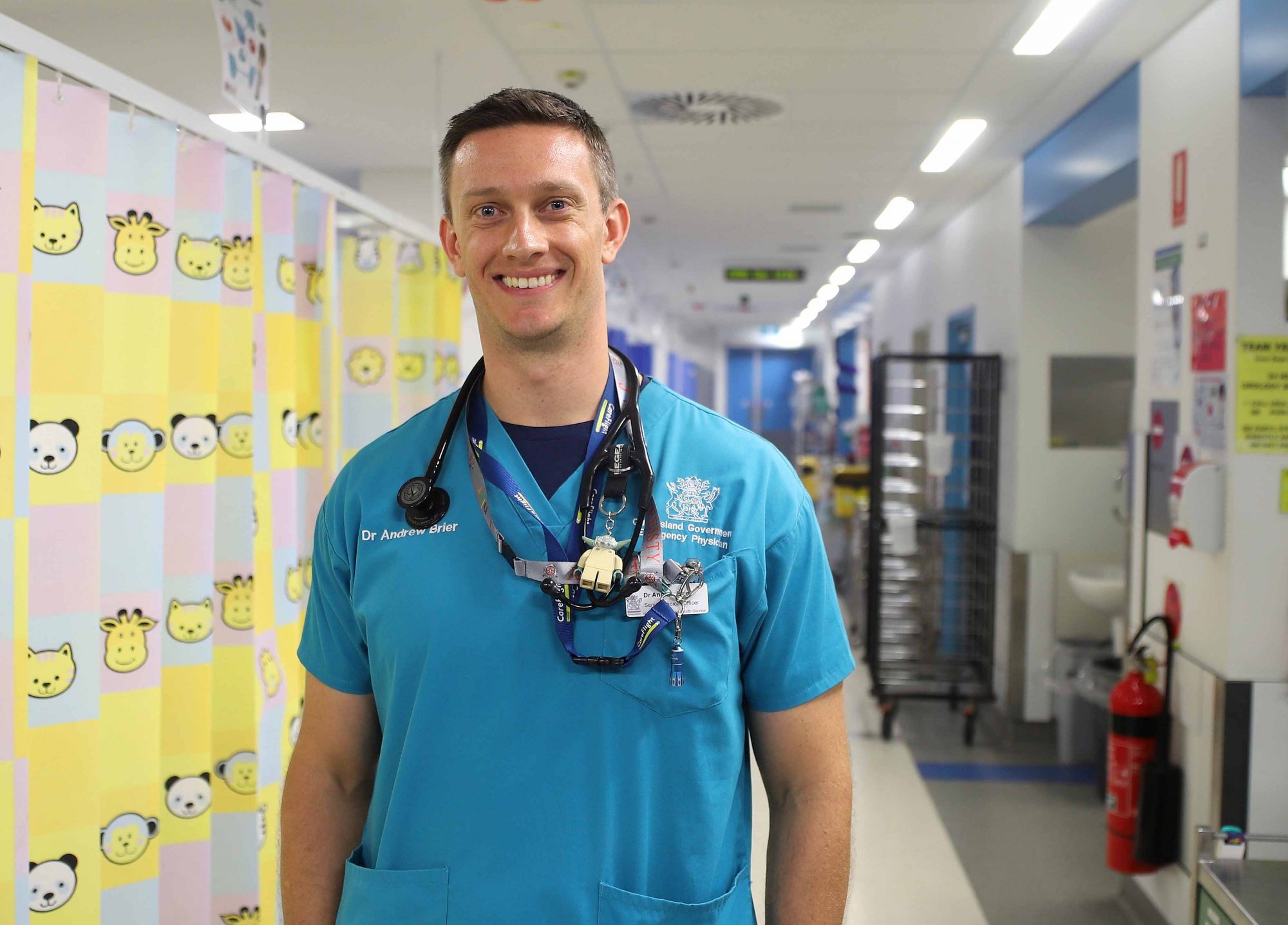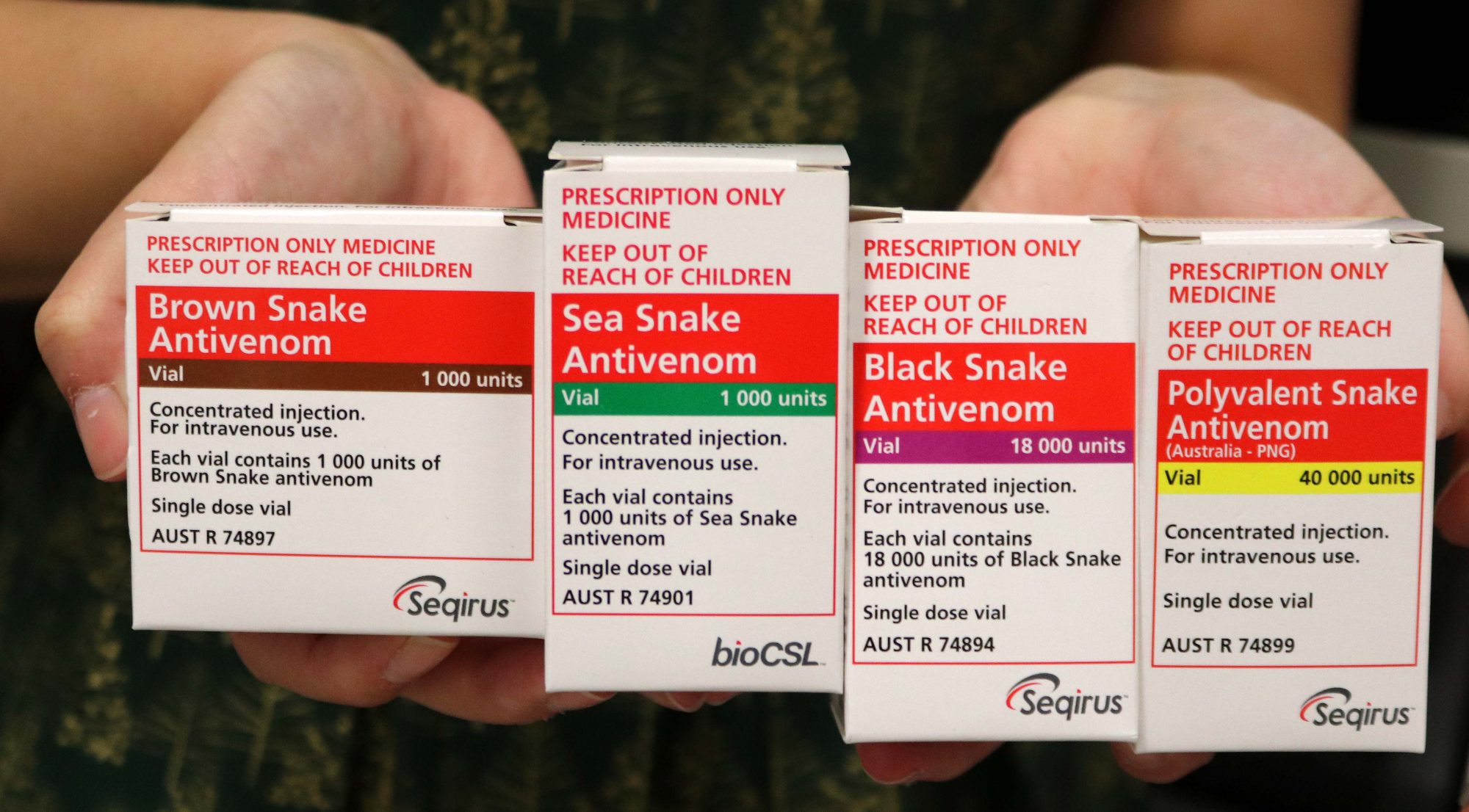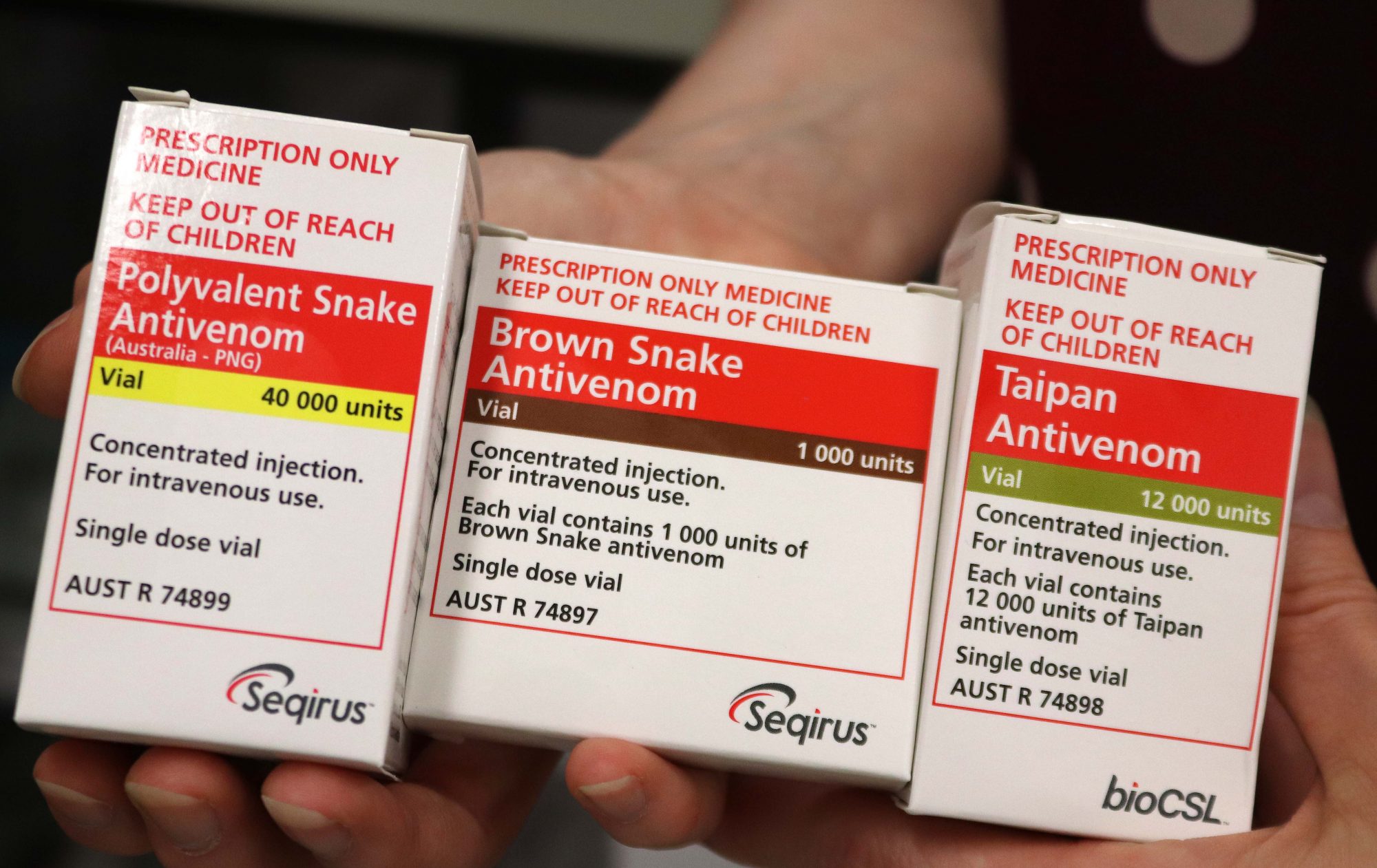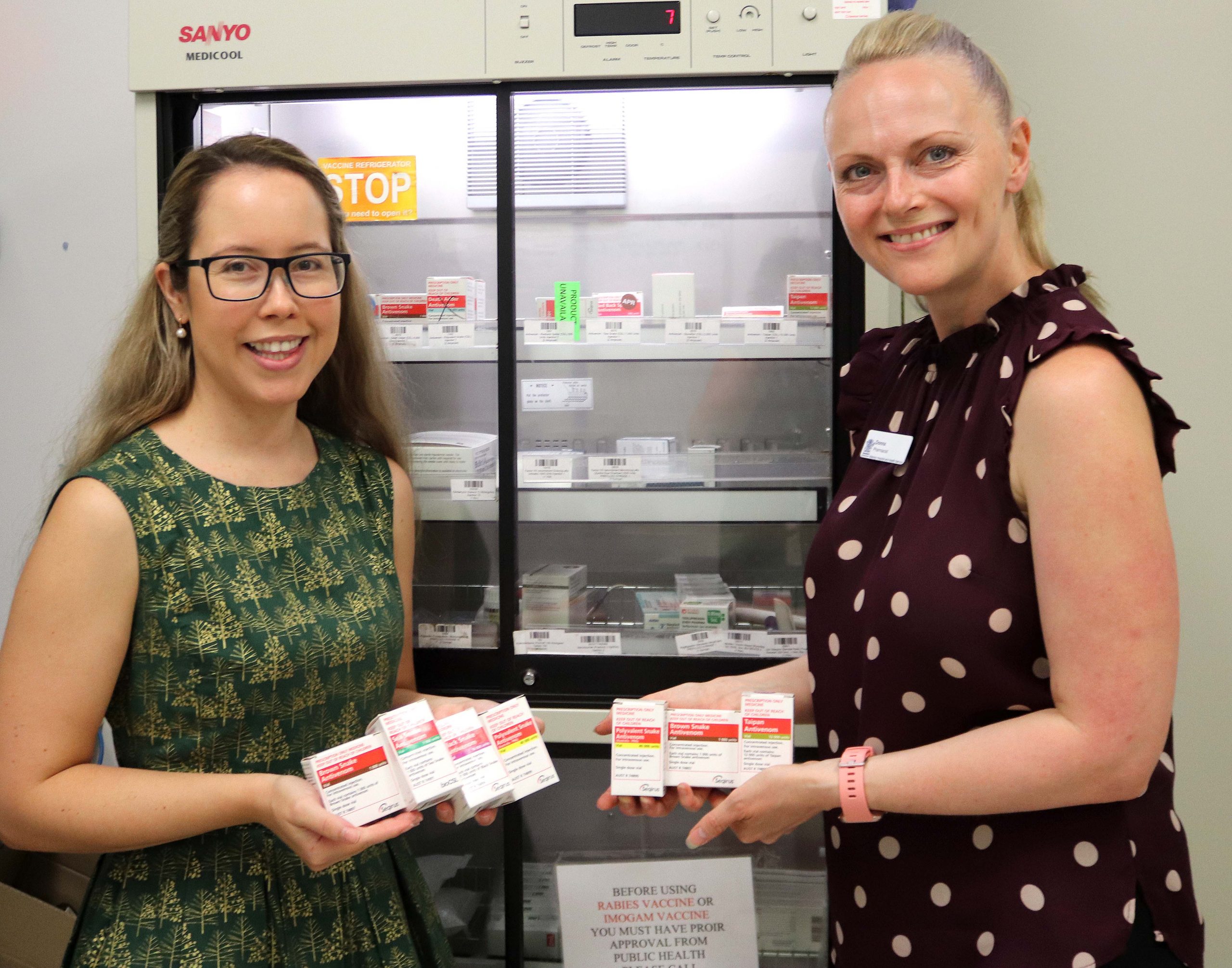Some snake bite patients are risking death by leaving hospital against medical advice.
Mackay Base Hospital Emergency Department specialist Dr Andrew Brier said worryingly some people ignored medical advice to wait until a series of blood tests were complete.
“Every year a number of people leave hospital against medical advice, and snake bites are probably the highest percentages of these cases,” he said.
Dr Brier said some species such as black snakes could cause life threatening blood abnormalities and no other symptoms.
Hospital protocol is for blood to be taken at admission, then an hour after removal of the pressure immobilisation bandage and then at six and 12 hours after.
“Unfortunately, some people decide to leave against medical advice after they hear their first lot of bloods are normal,” Dr Brier said.
“They feel well and they’re just keen to get out of hospital and go home. Sometimes we manage to change their mind but we can’t make people stay,” he said.
Some snake venom affects the ability of blood to clot and these changes in in coagulation take place over hours, not minutes.
“The risk is an internal bleed as well as delayed onset muscle breakdown leading to permanent kidney failure.
“If a black snake bite is not managed properly it can lead to kidney failure which can lead to life-long dialysis or a kidney transplant. It’s a rare complication, but not one worth risking,” he said.
In Mackay HHS the majority of envenomation cases are brown snake related.

Snake bite first aid
• Apply a pressure bandage ASAP – bandage from the top of the limb down
• Don’t move – immobilise and call an ambulance on 000
Myth busting
• You may still have been bitten even if you can’t see bite marks. Brown snakes may not leave a visible bite
• Size doesn’t matter – small snakes can be just as venomous as large ones
• There’s no need to bring the snake that bit you to hospital. Antivenoms exist for all major venomous terrestrial snakes and there is a polyvalent sea snake anti-venom.
• It’s ok to wash the wound if it’s bleeding and dirty. We don’t rely on venom
detection kits anymore to diagnose a snake bite.

Parting advice
• Don’t try and guess whether the snake is venomous or not. Appearances can be deceptive.
• Don’t be fooled by minimal punctures or scratches and minimal local pain or reaction – brown snake envenomation often presents like this.
• We assume all snake bites are potentially dangerous until the patient is cleared by serial examination and laboratory tests for at least 12 hours after the bite.
• Envenoming is a potentially life-threatening condition. Current estimates suggest that there are approximately 3000 snake bites annually in Australia; antivenom is required in about 100 to 200 cases. One to four deaths occur annually, mostly from brown snakes.




